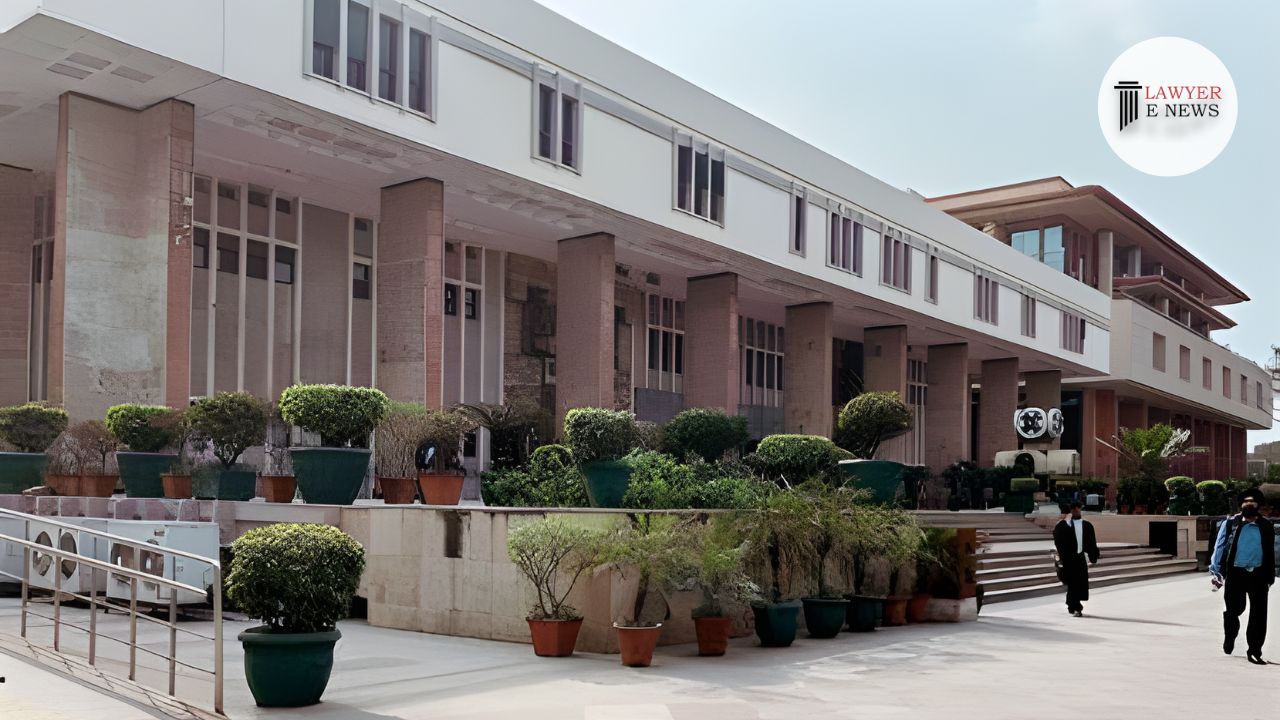-
by Admin
17 February 2026 4:27 AM



Delhi High Court delivered a significant judgement yesterday, upholding the Central Administrative Tribunal's decision that denied parity in grade pay between Group-D (now Group-C) employees of Delhi Police and their counterparts in the Central Paramilitary Forces (CPMFs). The verdict comes as a defining moment in the ongoing discourse on pay parity within different wings of law enforcement.
In the judgement, Hon'ble Justices V. Kameswar Rao and Anoop Kumar Mendiratta observed, "The nature of Combatisation of the ‘Followers’ in CPMFs has been such that even while they continue to perform their usual functions, but they have been imparted full Training to fight, and perform duties which are Para-Military in nature." This observation underscored the core reasoning behind the court's decision, highlighting the distinct nature of duties and training between the two groups.
The petitioners, who were originally Group-D employees in Delhi Police and later upgraded to Group-C, had challenged the Tribunal’s decision that dismissed their plea for a grade pay of ₹2,000, equivalent to the 'Followers' in CPMFs. However, the court, in its detailed judgement, noted significant differences in the roles and responsibilities of the two groups, justifying different pay scales.
The court further elaborated, "We do not discern from the facts of the case that the applicants before us can in any manner lay a claim to have been Combatised, to have come at par 100% even with the Constable (Exe) of Delhi Police." This statement was part of the court's reasoning, affirming that the training and duties of the petitioners in Delhi Police did not equate to the combatised roles in the CPMFs.
The judgement also delved into the principles of 'Equal Pay for Equal Work,' referencing various Supreme Court decisions. The court upheld that job evaluation for determining pay scales involves several factors, including the nature of duties and responsibilities, which in this case, were found to be substantially different for the petitioners as compared to their CPMFs counterparts.
Supreme Court dismissed the writ petition, maintaining the grade pay of the petitioners at ₹1,800 instead of the sought ₹2,000. This decision is seen as a pivotal moment in shaping the policies regarding pay parity and job evaluation within different sectors of the government service.
Date of Decision: 23 January 2024
SUNIL KUMAR AND ORS. VS UOI AND ORS.
